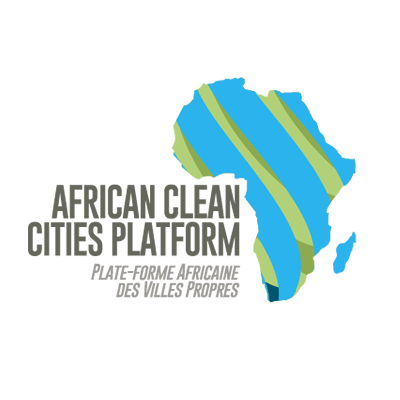SDG indicator 11.6.1
Proportion of Municipal Solid Waste Collected and Managed in Controlled Facilities, out of Total Municipal Solid Waste Generated, by City
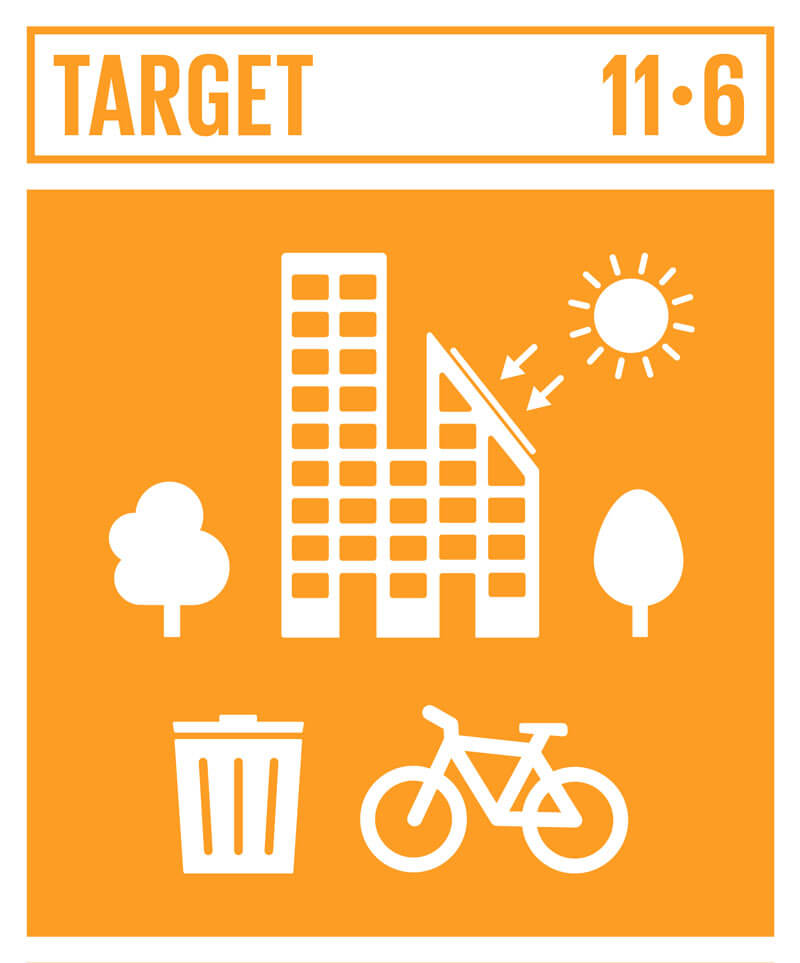
Measuring SDG indicator 11.6.1 will provide an essential data and information for action planning for the improved MSW management in your city. The monitoring methodology is launched as “Waste Wise Cities Tool”.
It will help cities:
- Assess MSW generated, collected and treated in controlled facilities
- Identify the MSW recovery chain and its actors while engaging them in an inclusive and participatory way
- Check the environmental control level of waste management facilities
- Establish better waste and resource management strategies that create business and livelihood opportunities
- Provide data for large WM infrastructure investment cases to municipal corporation, waste stakeholders and investors and
- Project development and funds mobilization
ACCP supports member cities to apply Waste Wise Cities Tool and action planning based on the data and information collected through it.
Stories of WaCT applications from cities
ACCP members are encouraged to conduct an SDG 11.6.1 monitoring survey, which provides critical information for cities and countries to establish better waste and resource management strategies. Results and messages from the cities that have already collected data and assessed the MSWM performance are available below. Other cities' waste data is available HERE.
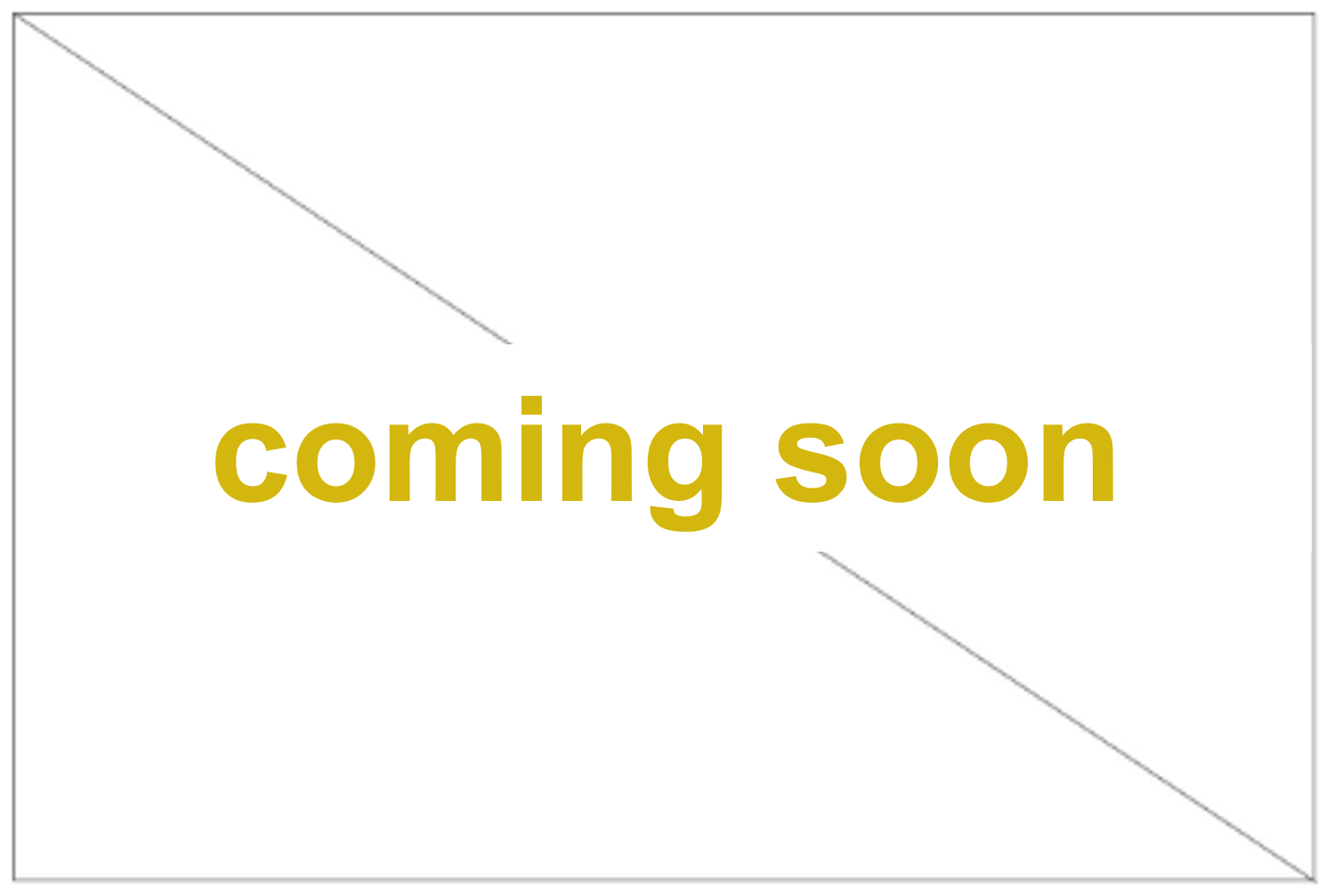
City’s message
Coming soon.
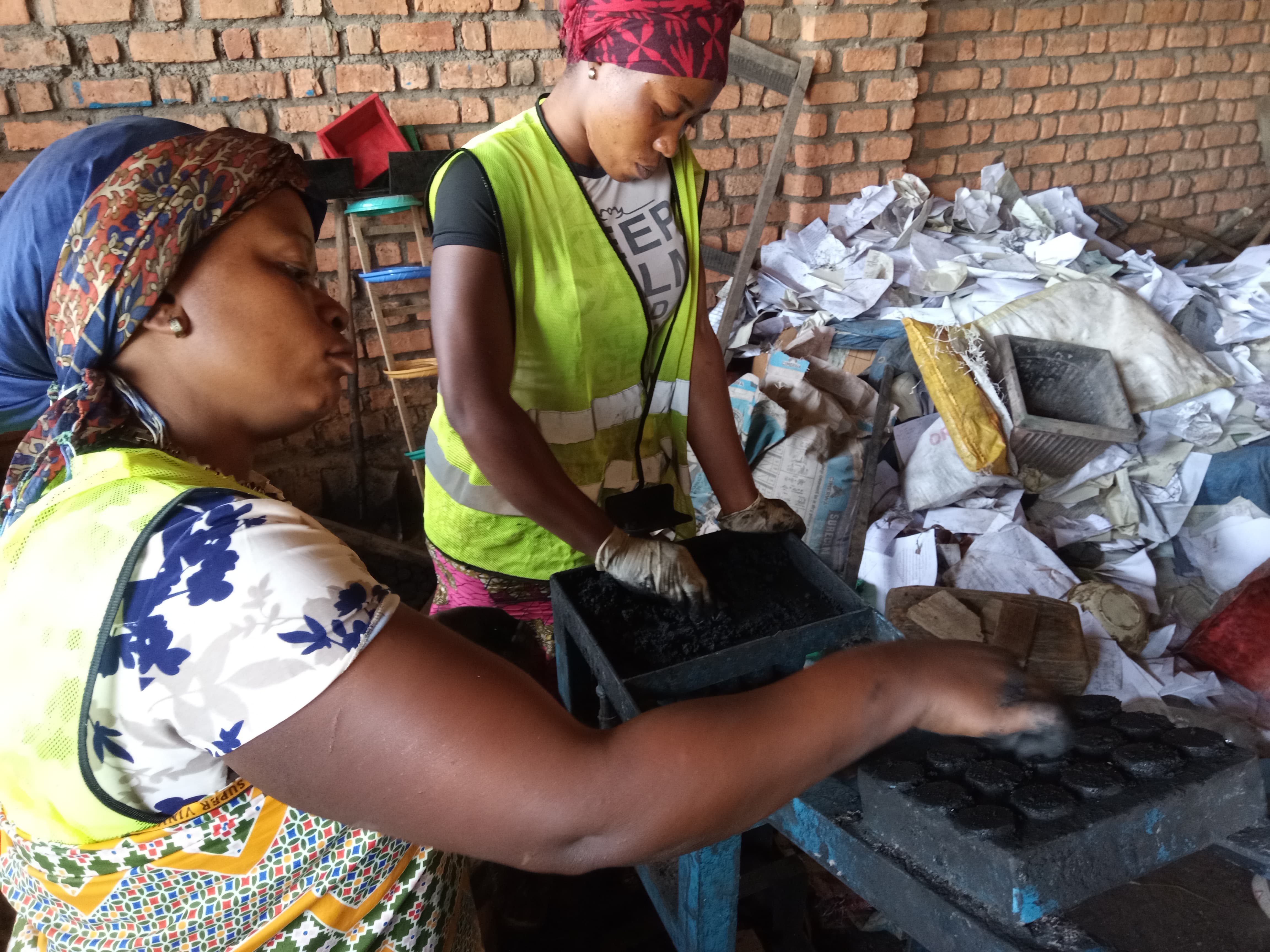
City's message
Coming soon.
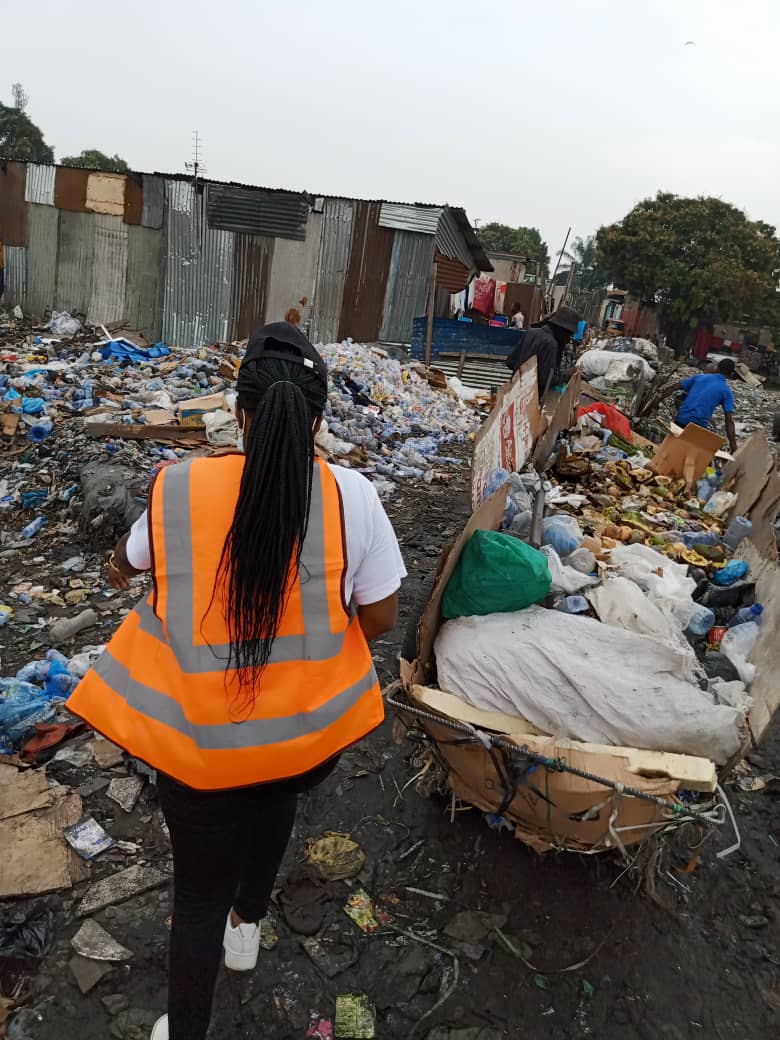
City's message
Coming soon.
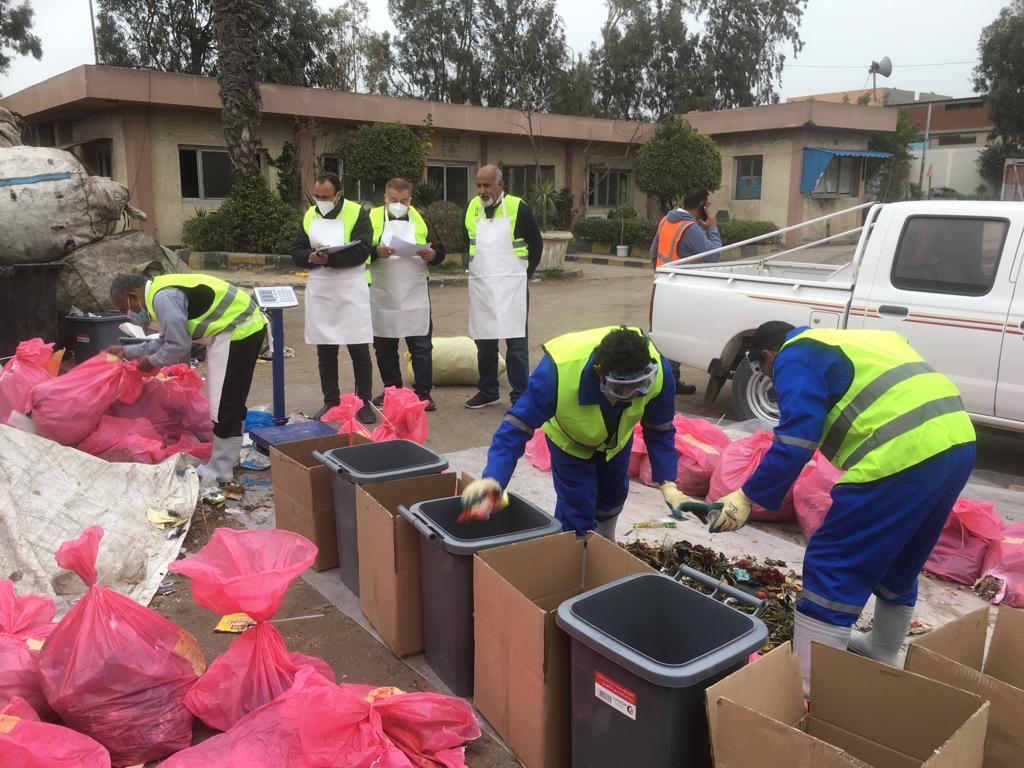
City's message
Coming soon.
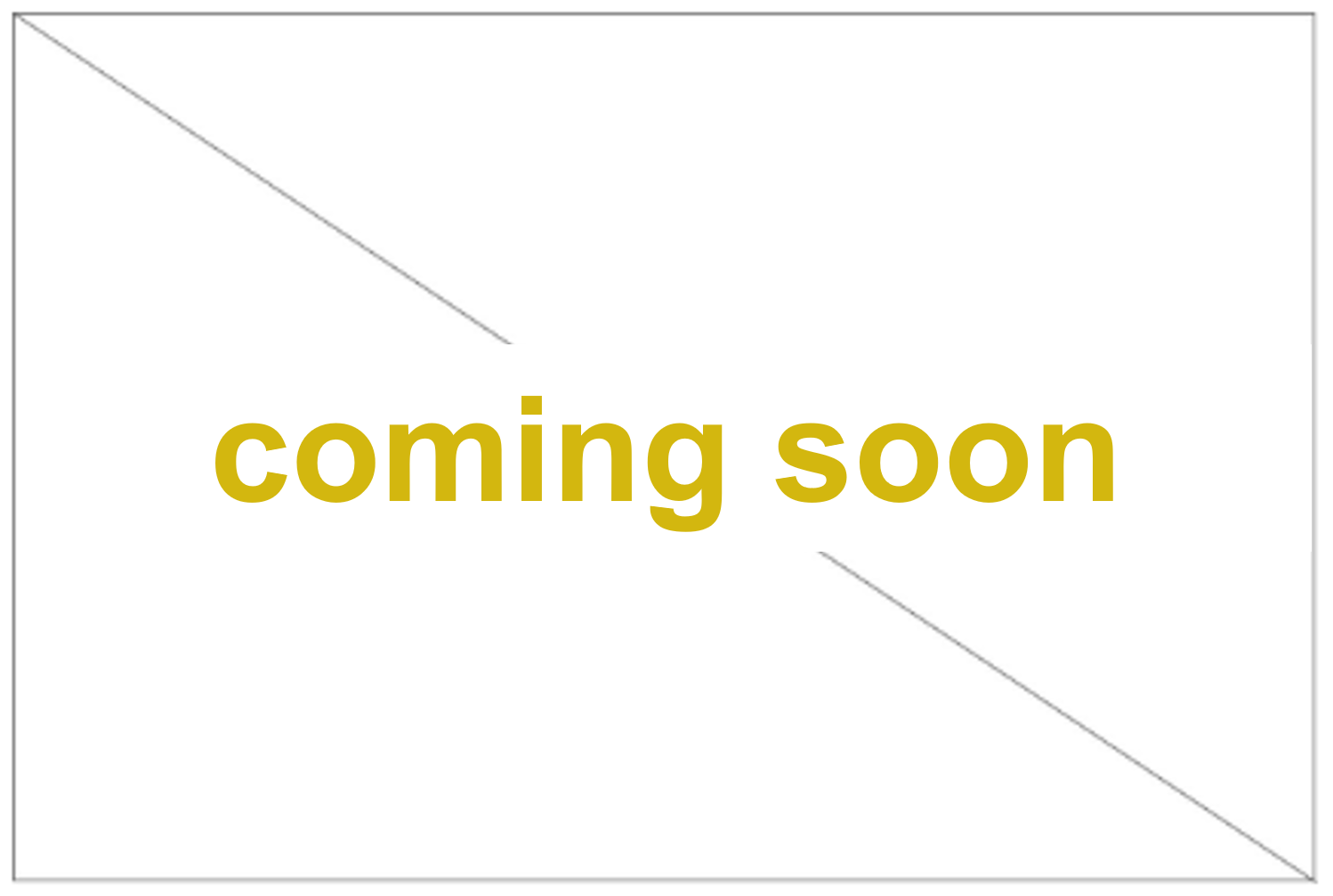
City's message
Coming soon.
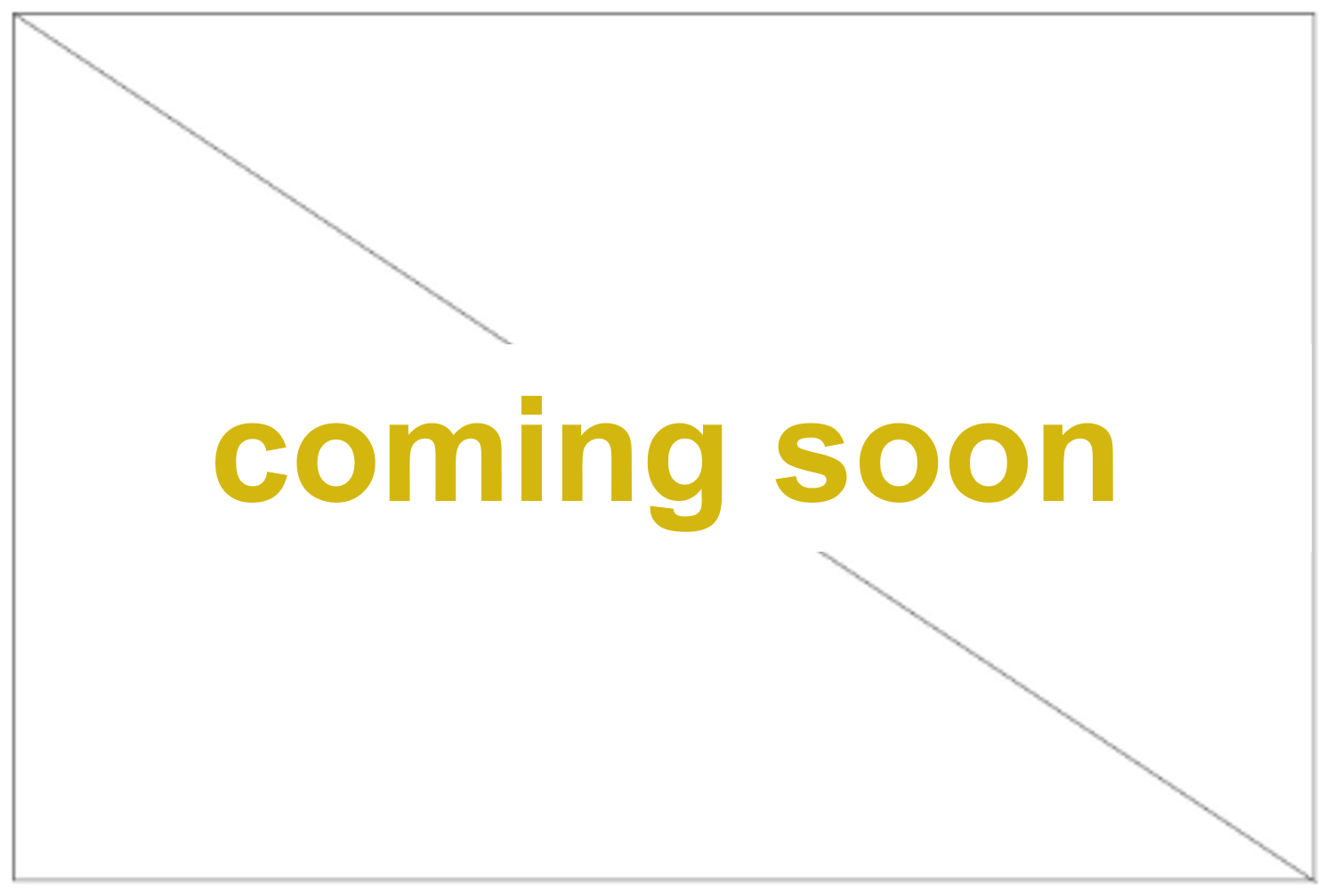
City's message
Coming soon.
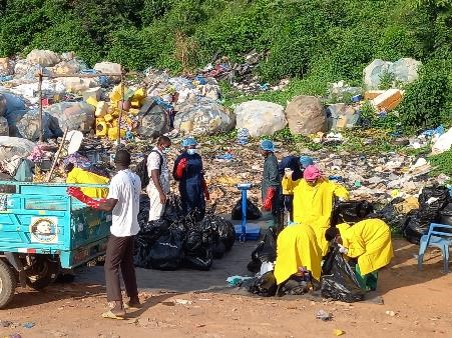
City's message
Solid waste management is a major issue faced by the City of Cape Coast, the hub of Ghana's tourism industry. Indiscriminate dumping, marine litter and uncollected solid waste pose a major threat to the tourism industry in Cape Coast. This threatens the local economy and its growth. I was therefore, delighted that through our partners, the City of Bonn, we were introduced to the Waste Wise Cities Challenge. This assessment has come at a good time and we are grateful to the United Nations Environment Programme for the support. This data is going to be useful as we scale up programmes to deal with waste management in Cape Coast.
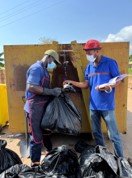
City's message
Coming soon.

City’s message
Waste management has been one of the pressing issues in Nairobi, the capital city of Kenya. UNHabitat’s survey with the Waste Wise Cities Tool, supported by the African Clean Cities Platform, was well received considering that the Nairobi City County Government had been relying on a study done with the Japan International Cooperation Agency back in 2010. With the national census conducted in 2019, the UN-Habitat survey was timely to update the City’s waste management database. The newly established Nairobi Metropolitan Services is now developing a Solid Waste Management Action Plan 2020-2022 based on these results.
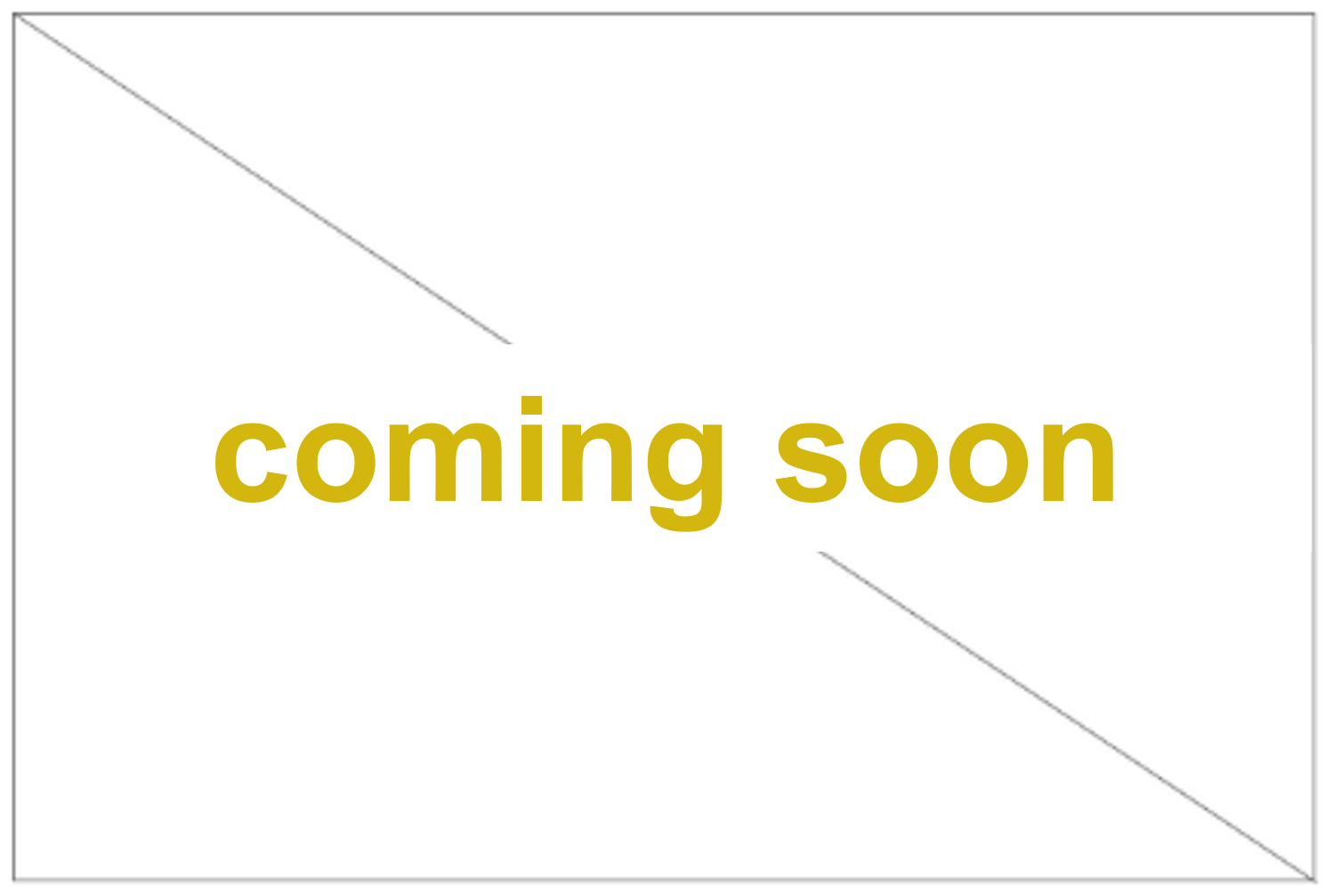
City's message
Municipal solid waste management is one of the biggest challenges for Mombasa, especially as it is a major tourist hub and the largest port in East Africa. Uncollected and mismanaged waste are also contributing to marine litter pollution in the Indian Ocean. The assessment through UN-Habitat’s Waste Wise Cities Tool, supported by the African Clean Cities Platform and UNEP, was extremely useful for Mombasa County Government to have a clear picture of the current status and identify the key intervention areas. The tool application is also providing the scientific data that we are using to develop bankable project proposals, and mobilize funds and private sector investment.
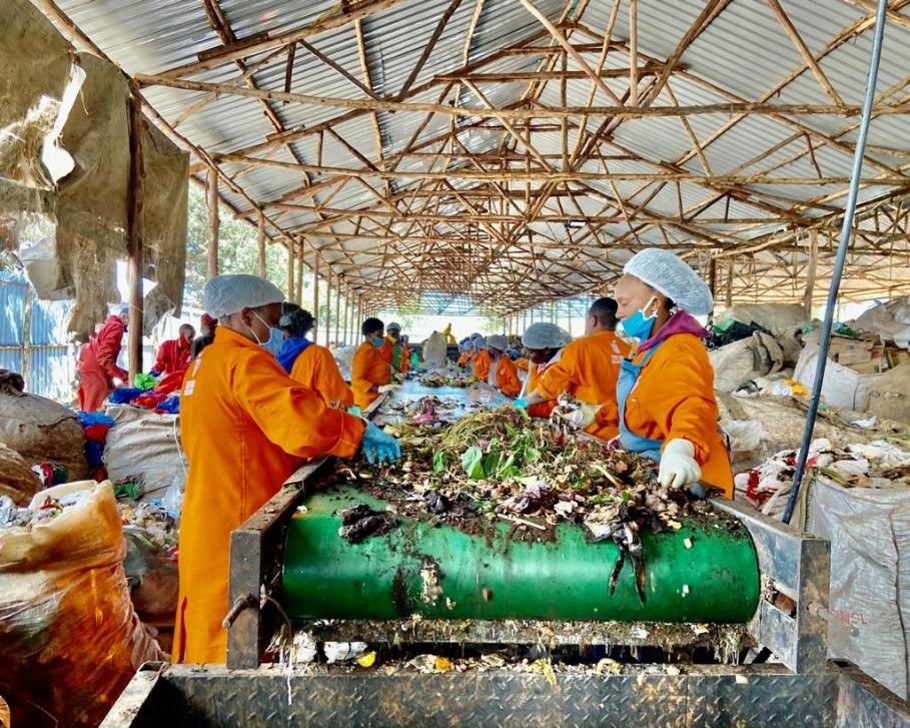
City's message
Coming soon.
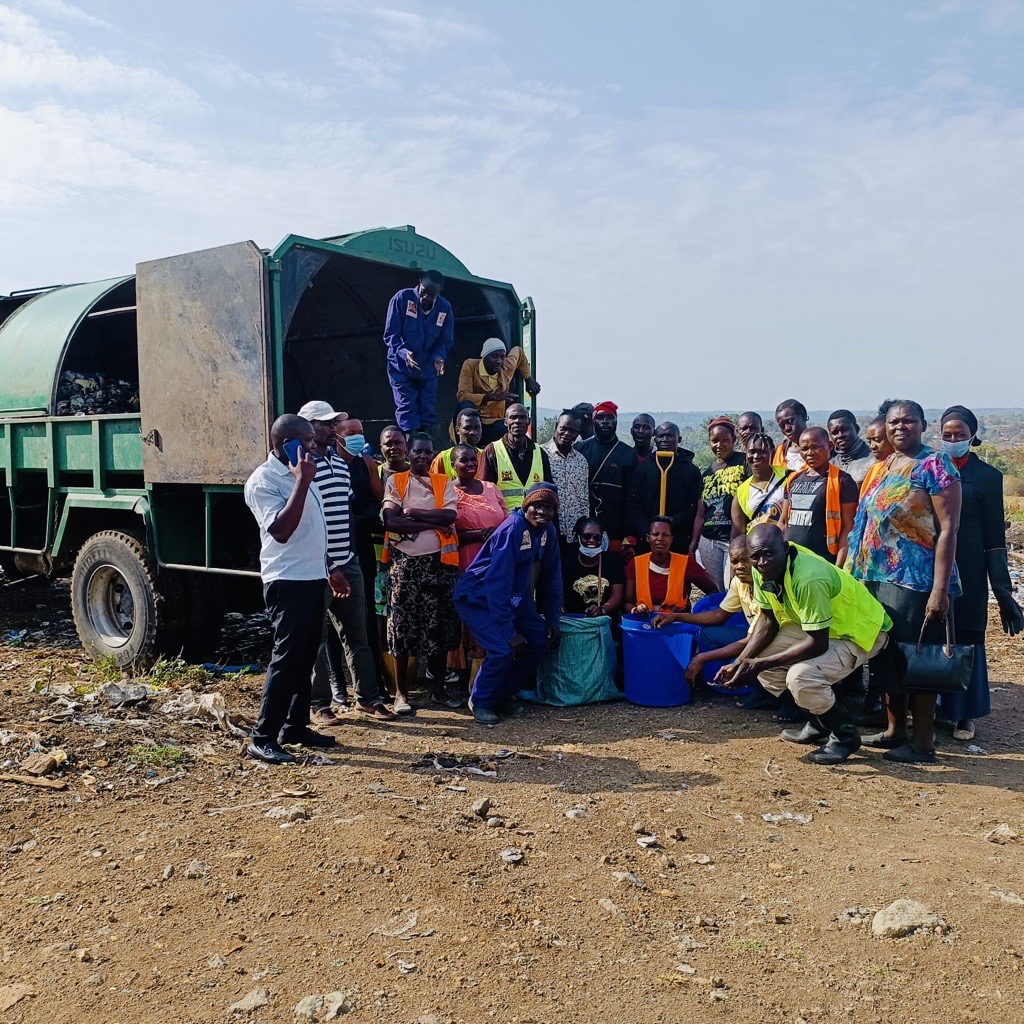
City's message
Coming soon.
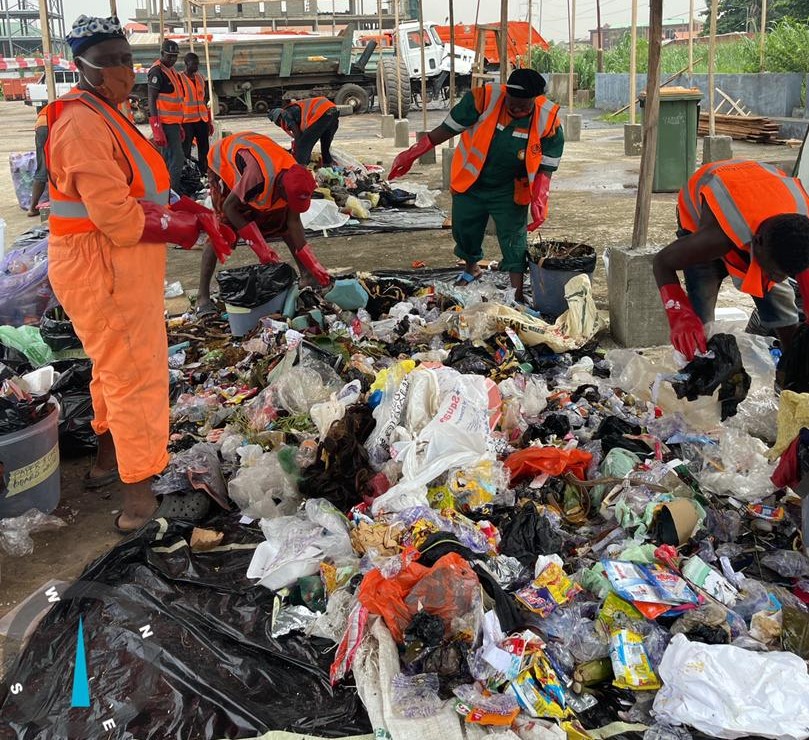
City's message
Lagos mega city being a Nigerian coastal city is also the economic/commercial Centre of the Nigerian nation. Currently, Lagos is experiencing population explosion with attendant geometric increment in waste generation. The dynamics of effective municipal solid waste management in Lagos is being encumbered by depreciating waste management infrastructures which may have been responsible for leakages of waste floaters into the coastal/marine environment.
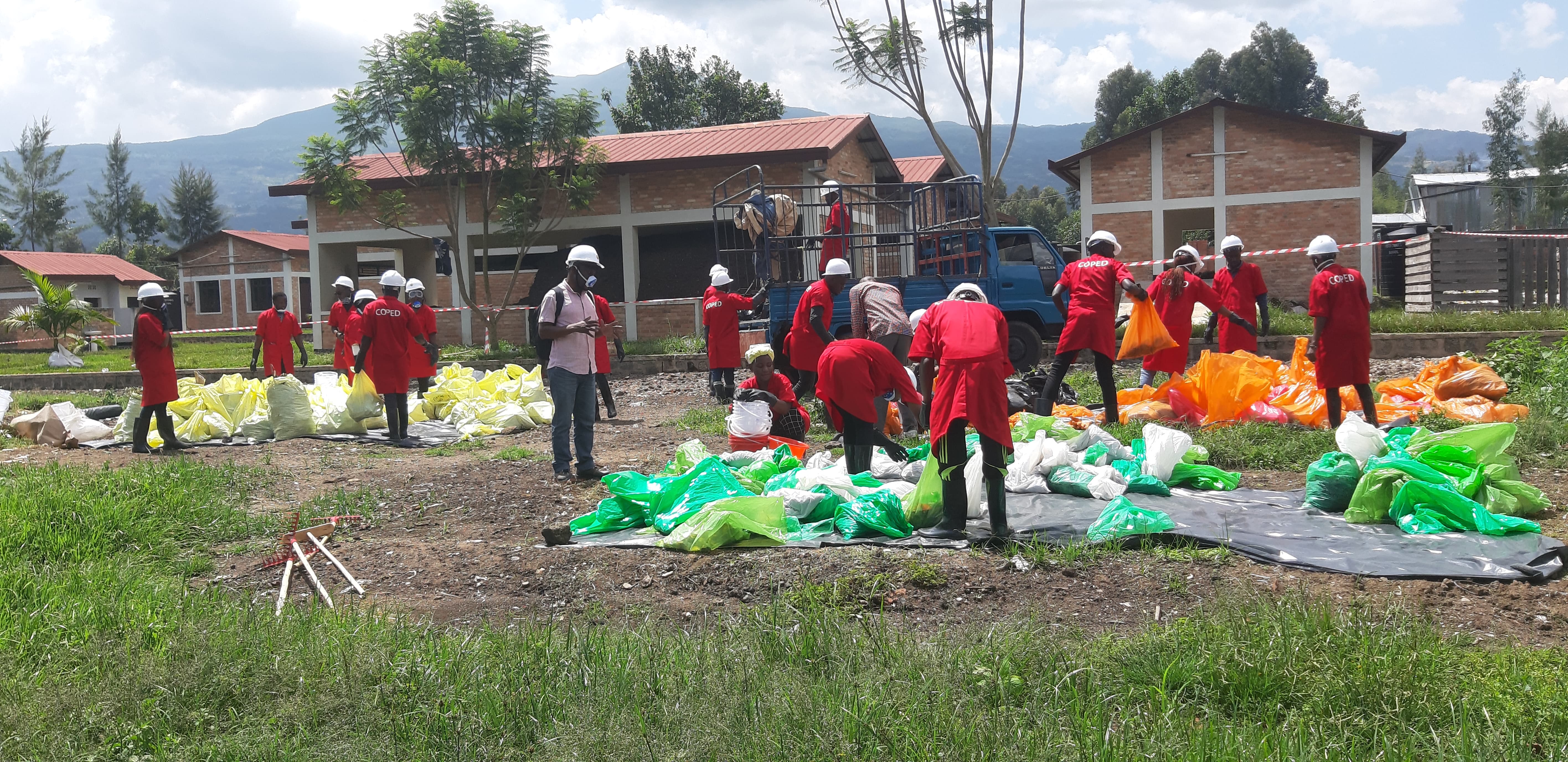
City's message
Coming soon.
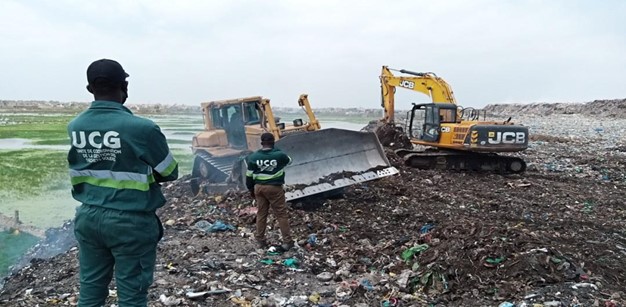
City's message
Coming soon.
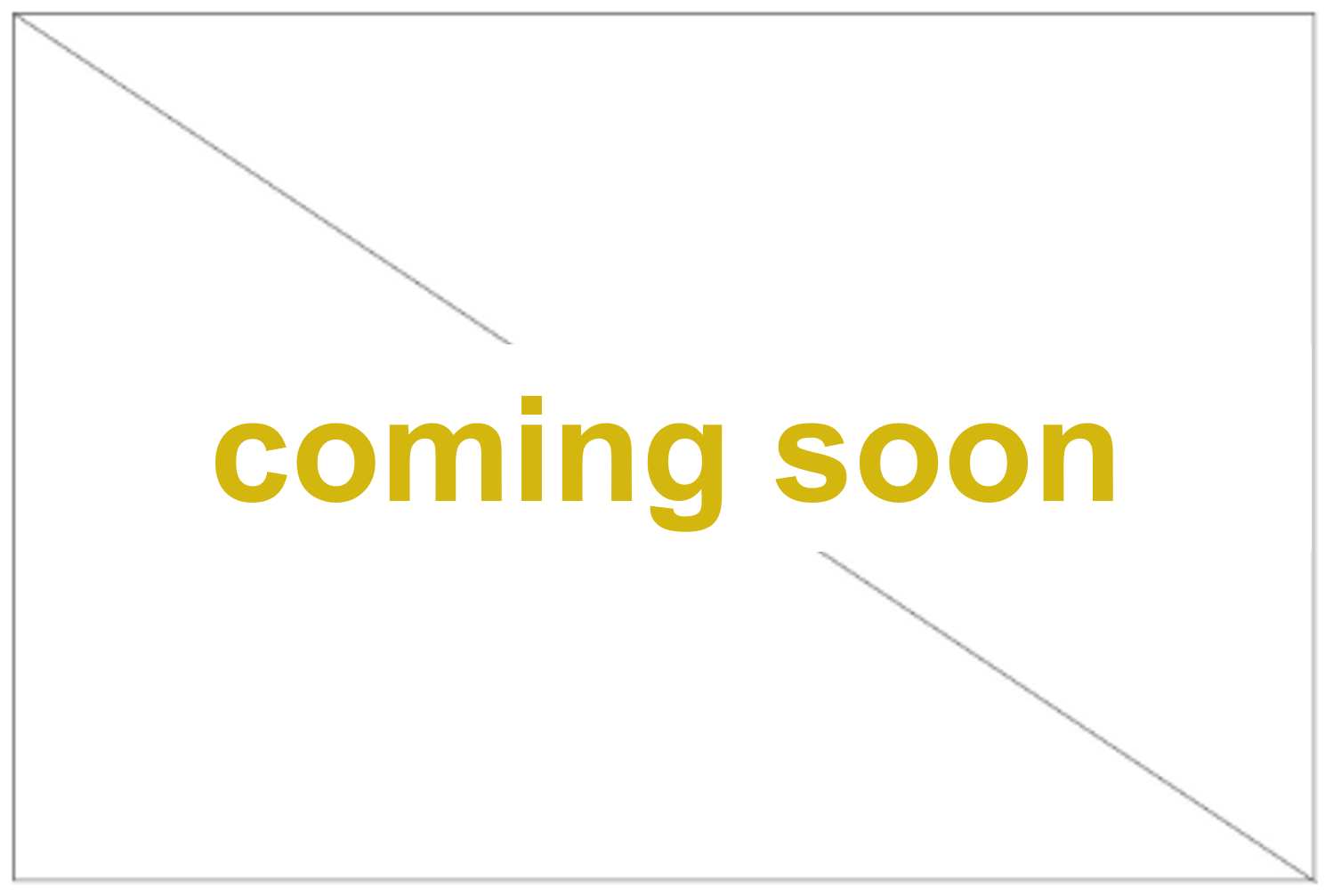
City's message
Coming soon.
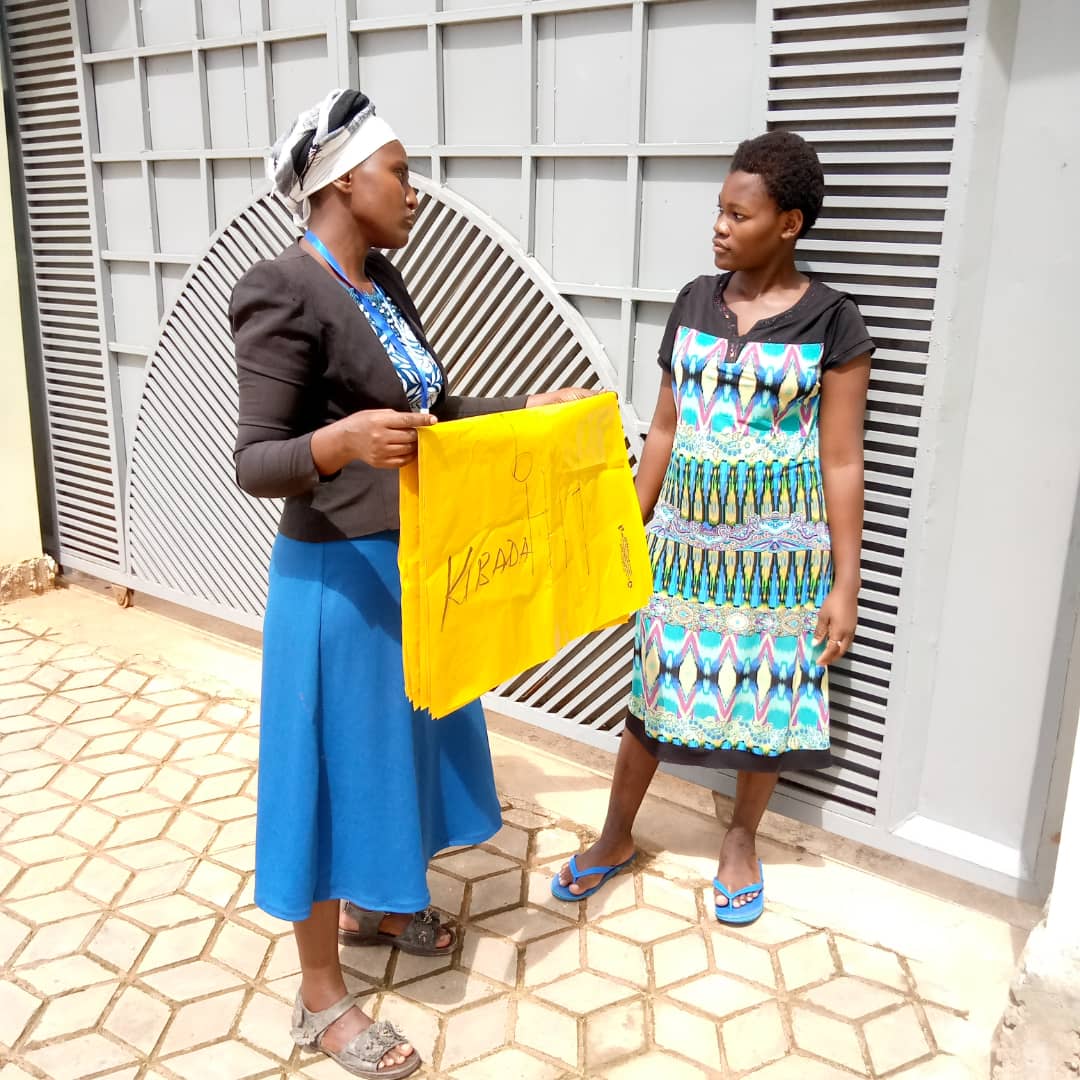
City's message
Municipal Solid Waste Management is one of the biggest challenges in Dar es Salaam, given the fact that Dar es Salaam is a Country's commercial capital and gateway to most of the countries in the southern part of Africa through the Port of Dar es Salaam. Poorly managed MSW contributes to Marine Litter Pollution in the Indian Ocean. The assessment of Dar es Salaam’s SWM using UN Habitat’s Waste Wise Cities Tool, supported by the African Cities Platform and UNEP, was helpful in establishing a status quo and highlighting key areas for intervention in order to improve SWM in Dar es Salaam. Through a scientific approach, the WaCT facilitated obtaining of reliable baseline data upon which strategic investment plans can be made and funds to implement these plans mobilized.
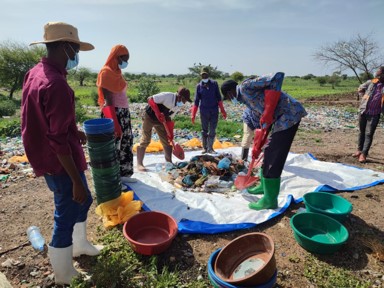
City's message
Coming soon.
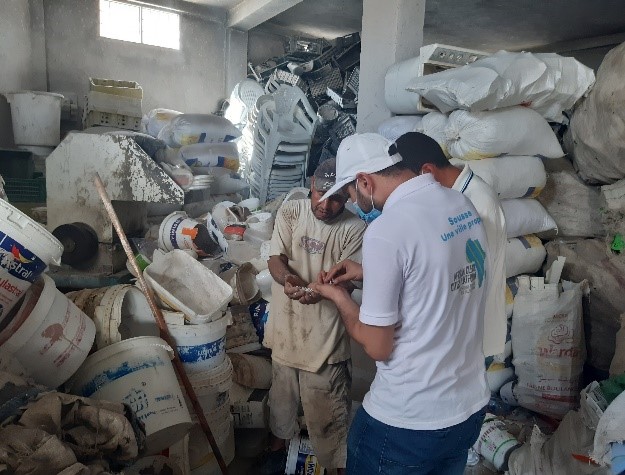
City's message
Solid waste management is a very important environmental issue in Sousse, as waste production increases over time. The development of an integrated waste management system must be adapted to the social, economic, and climatic conditions of the city, the design and development of such a system must be based on the analysis and assessment of municipal solid waste. The city of Sousse joined the African Clean Cities Platform and the Waste Wise Cities Program in order to improve the cleanliness of the city. The evaluation through the UN-Habitat Waste Wise Cities tool, was useful for Sousse to have a clear picture of the current state and to identify policy and infrastructure gaps and key areas of intervention for improving solid waste management. Based on the WaCT results, the Municipality of Sousse will develop an action plan that will facilitate the improvement of MSW management in Sousse. We hope that this work will lead to the development of selective sorting and waste recovery in order to improve the cleanliness of the city of Sousse.
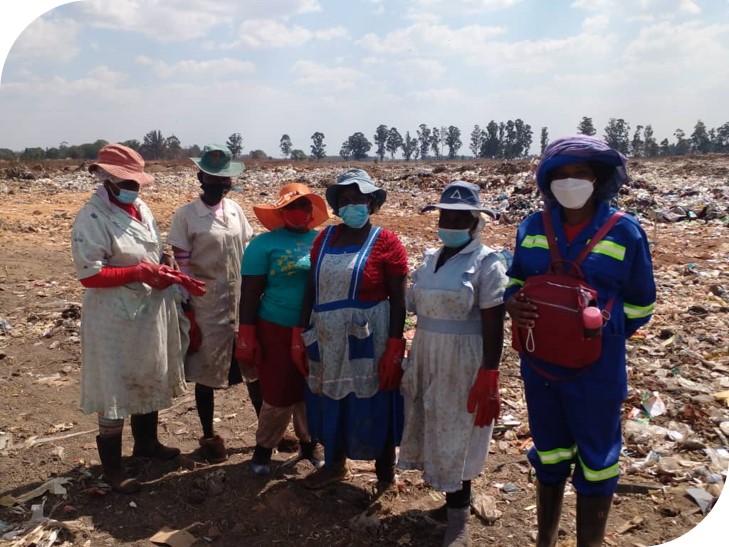
City's message
Coming soon.
Waste Wise Cities Tool
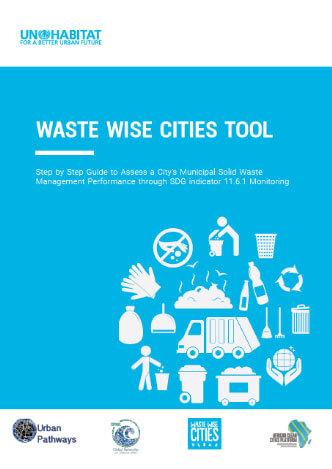
Waste Wise Cities Tool (WaCT)
Content
Step by Step Guide to Assess City Municipal Solid Waste Management Performance through SDG 11.6.1 Indicator Monitoring. SDG indicator 11.6.1 quantifies parameters that will help cities and countries to better manage resources, mitigate and prevent environmental pollution, create business, employment and livelihood opportunities, and shift towards a circular economy.
Online course: From Data to Tangible Impacts: Achieving Waste SDGs by 2030
PUBLICATIONS - About waste in Africa
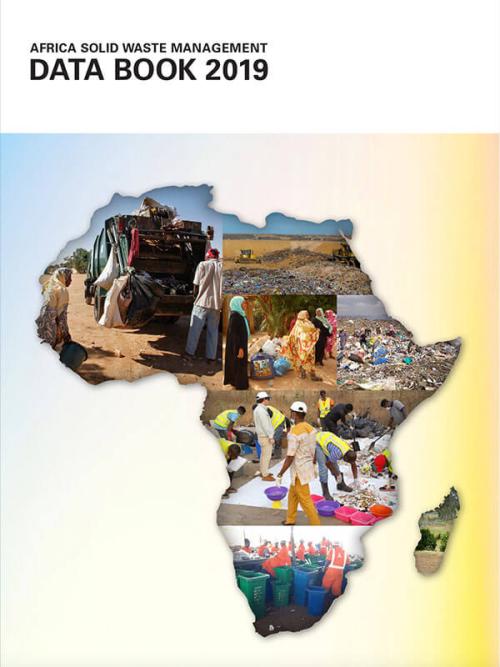
Africa Solid Waste Management Data Book 2019
Target
Development organizations that are considering support and private businesses that plan to expand their business, in the waste sector in Africa.
Content
Report that analyses and summarizes the waste management situation in the member countries and cities of ACCP with the data provided by focal points.
